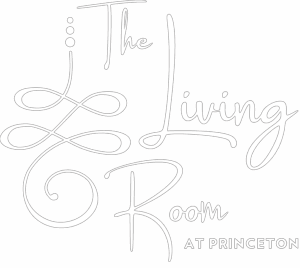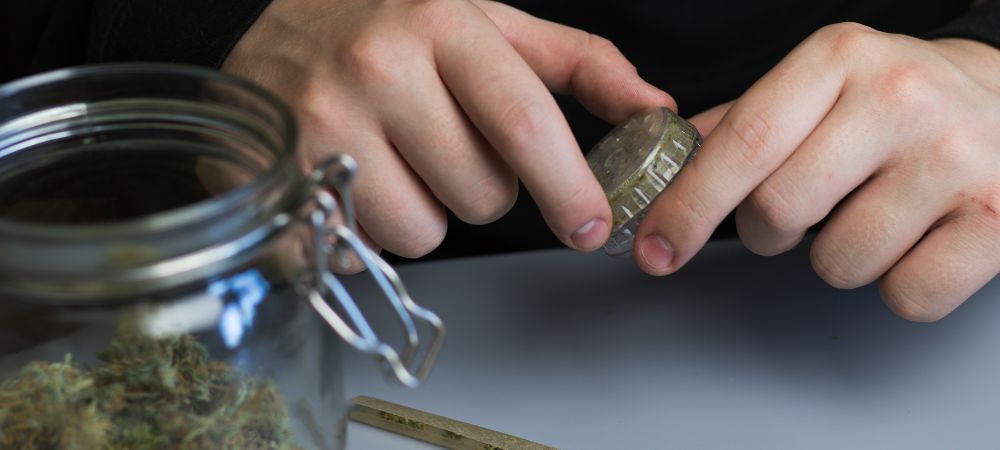As more states begin to decriminalize or legalize marijuana, more people in the United States are gaining access to marijuana and THC products. While access to marijuana may have expanded, the risk of these products may be higher than many people expect.
Researchers have studied the effects of teen marijuana use and found some alarming results. Teens make up a significant percentage of those using the drug, and the effects on this group can be substantial.
This article will explore teen marijuana use. You will learn:
- Statistics on teens who use cannabis
- The effects of marijuana on a teen’s developing brain
- How to recognize marijuana abuse
- Where to find effective treatment for substance use disorder (SUD)
If you or a teen you love have cannabis use disorder or another SUD, contact the team at The Living Room to explore our comprehensive treatment programs. You may schedule an intake assessment or find support during any stage of addiction recovery.
The Effects and Risks of Marijuana Abuse
Marijuana is a plant that contains a psychoactive chemical called tetrahydrocannabinol (THC).[1] People ingest marijuana by eating, smoking, vaping, or drinking products that contain marijuana or its active ingredient.
People experience a range of side effects after ingesting THC, including:
- Altered sense of time
- Anxiety
- Changes in sensory perceptions
- Euphoria
- Excessive laughter
- Increased appetite or hunger
- Panic
- Psychosis
- Relaxation
Research suggests that long-term or heavy marijuana use can increase the risk of long-term physical and mental health problems. Cannabis users may be at elevated risk of experiencing schizophrenia, suicidal thoughts, or worsening mental health conditions.[2,3]
While many people consider THC and cannabis products to be safer than other addictive substances, marijuana abuse can significantly impact teen health. Young people who are addicted to marijuana must seek treatment to stop using it and avoid relapse.
Teen Marijuana Abuse: An Overview of the Statistics
A national survey from 2021 showed that about 52.5 million people reported using marijuana in the previous year. Research found that about 8.3% of 8th graders and 30.7% of 12th graders reported using marijuana.[4]
High school students are more likely to vape cannabis or use edible THC products than to smoke it. Edible THC products may contain high levels of the drug, which may increase the risk of complications, including mental health problems like anxiety and panic.
How Does Cannabis Affect the Teen Brain?
When people ingest marijuana or THC products, the active compound quickly reaches the brain through the bloodstream. Once in the brain, TCH affects cannabinoid receptors that affect typical brain functioning and development.
Researchers believe that disrupting brain function with frequent THC use may lead to long-term changes in how the brain works. Studies show that a teen’s brain is more sensitive to the effects of THC.[5]
The human brain continues to develop until a person is 25. Teen marijuana abuse may cause significant changes in the brain’s development. Research suggests that people who abuse marijuana during adolescence may cause permanent changes, including:[3,5]
- Permanent loss of IQ
- Impaired problem-solving ability
- Changes in the brain structure
- Poor decision making
- Impaired judgment
- Increased risk of depression and anxiety
- Increased risk of suicidal thoughts
People can prevent these and other cognitive problems by recognizing and treating teen cannabis use as soon as they realize it.
Recognizing Marijuana Abuse
Frequent or heavy marijuana use can cause people to exhibit signs of addiction. Public health officials advise parents and other adults to watch for signs of teen cannabis abuse.
Here are some of the signs that a teen in your life may be abusing marijuana:[6]
- Bloodshot eyes
- Using eye drops
- Having drug paraphernalia, marijuana, or THC products
- A strong smell of marijuana in their clothing or room
- Unusual or unexplained laughter
- Forgetfulness
- Changing their friend group
- Wearing clothing or using decor depicting marijuana
- Poor coordination
- Needing money more often
- Using room deodorizer or incense
Teens may worry that they will get into trouble if they ask for help with marijuana and other substance abuse. If you recognize the signs of teen substance use, offer assistance and support instead of punishment.
To learn more about talking to your teen about marijuana or to find support and treatment, contact The Living Room specialists for information about our comprehensive programs.
Treating Teen Marijuana Abuse
Teen cannabis abuse puts adolescents at risk for serious, long-term problems that can affect functioning and quality of life. Seeking treatment for marijuana abuse can help teens get back on track toward a healthier future.
Treatment for teen cannabis abuse may include:
- Inpatient or outpatient detox and rehab programs
- Mental health and medical care
- Family, group, and individual counseling
- Holistic therapies like mindfulness, exercise, nutrition support, and more
- Continuing community support
Reach out to the specialists at The Living Room to explore our holistic treatment or support programs for adolescents. Take the first step toward a healthier future in recovery by contacting us today.
References:
- National Institute on Drug Abuse (NIDA): Cannabis (Marijuana)
- National Institute of Health (NIH): The Health Effects of Cannabis and Cannabinoids
- National Institute of Health (NIH): Cannabis Use and its Association with Psychological Disorders
- Substance Abuse and Mental Health Services Administration (SAMHSA): Results from the 2021 National Survey on Drug Use and Health
- American Psychological Association (APA): Marijuana and the developing brain
- Yale Medicine: Cannabis/Marijuana Use Disorder

